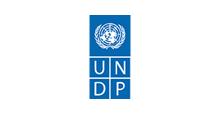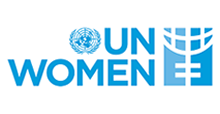
ESID WORKING PAPER BY DR JOSEPHINE AHIKIRE AND DR AMON MWIINE-Gender equitable change and the place of informal networks in Uganda’s legislative policy reforms
Please follow the link below for the aforementioned working paper by Dr Josephine Ahikire, Principal, College of Humanities and Social Sciences and Dr. Amon Mwiine from the School of Women and Gender Studies.
The paper compares three policy cases – the 1997 Universal Primary Education policy, the 1998 legislative reform around spousal co-ownership of land and the 2010 Domestic Violence Act. Drawing on feminist institutionalism, the paper explores how gender norms operate within institutions (both formal and informal) and how institutional processes construct, reproduce or challenge gender power dynamics in policy reforms. The paper examines the place of informal networks and raises critical questions regarding ways in which women emerge as critical actors in securing and consolidating gender change, the strategies they draw upon to negotiate resistance, and whether the nature of policy reform influences the kind of resistance and (in effect) counterstrategies used to negotiate resistance to gender change.









